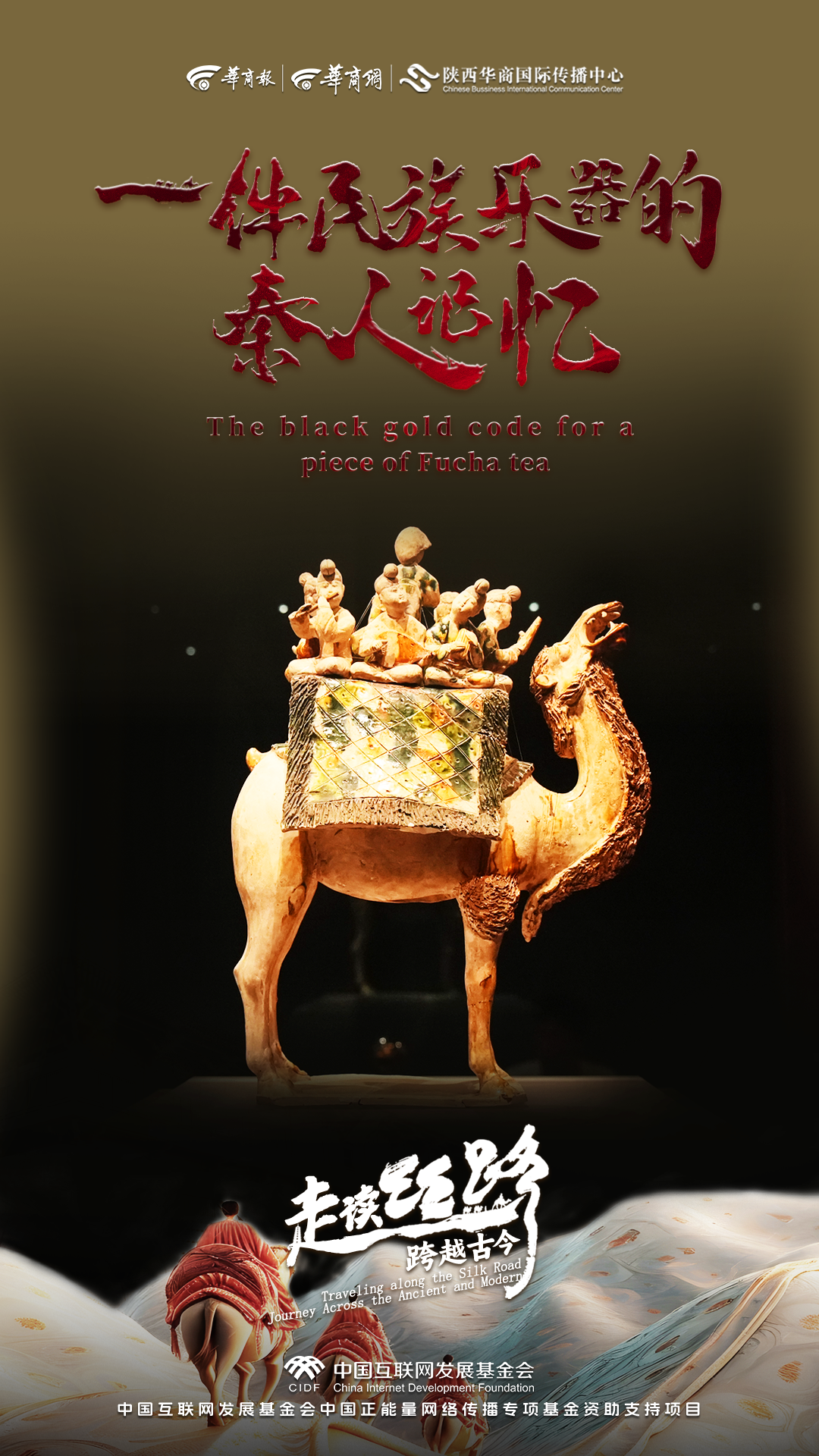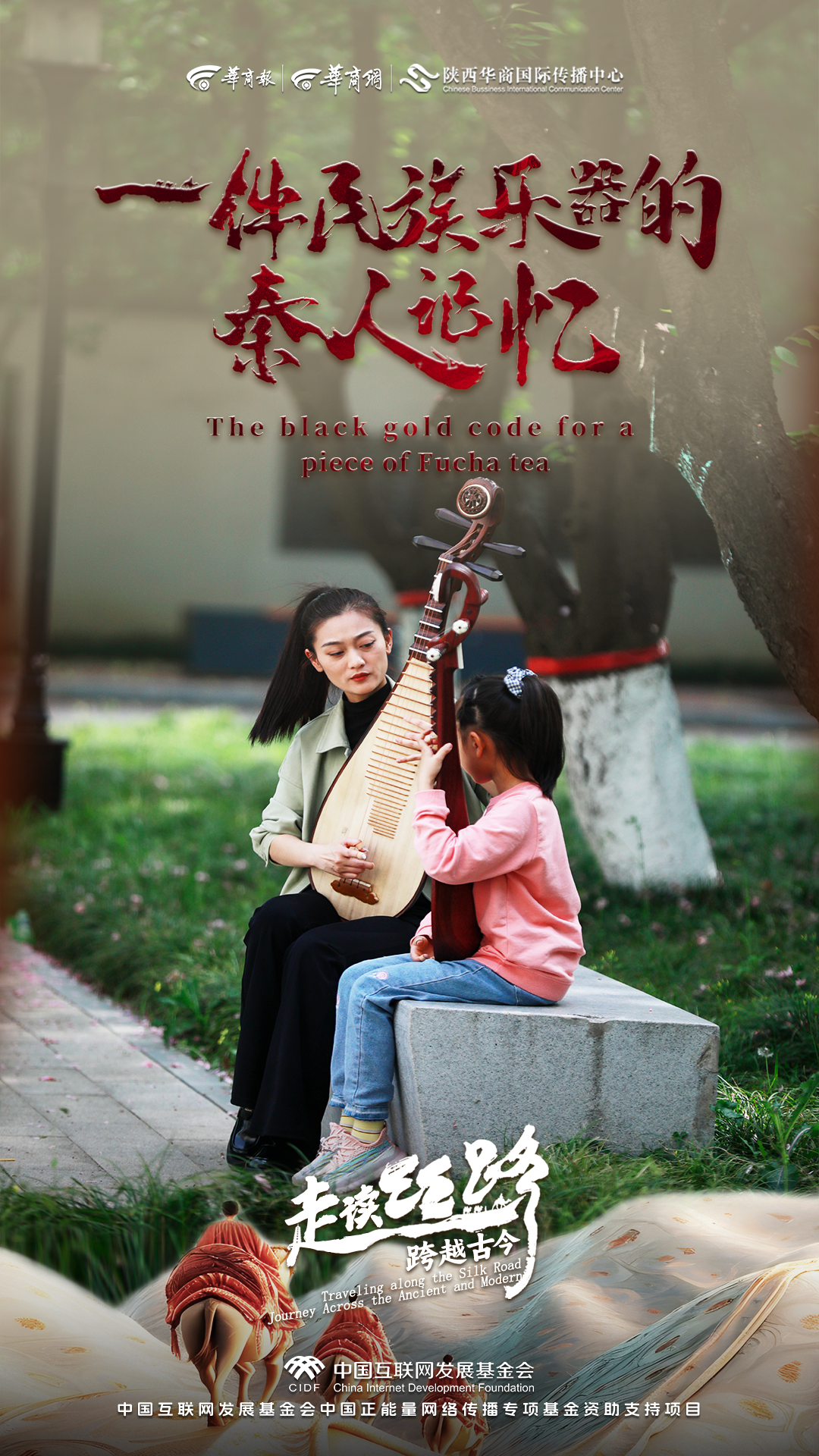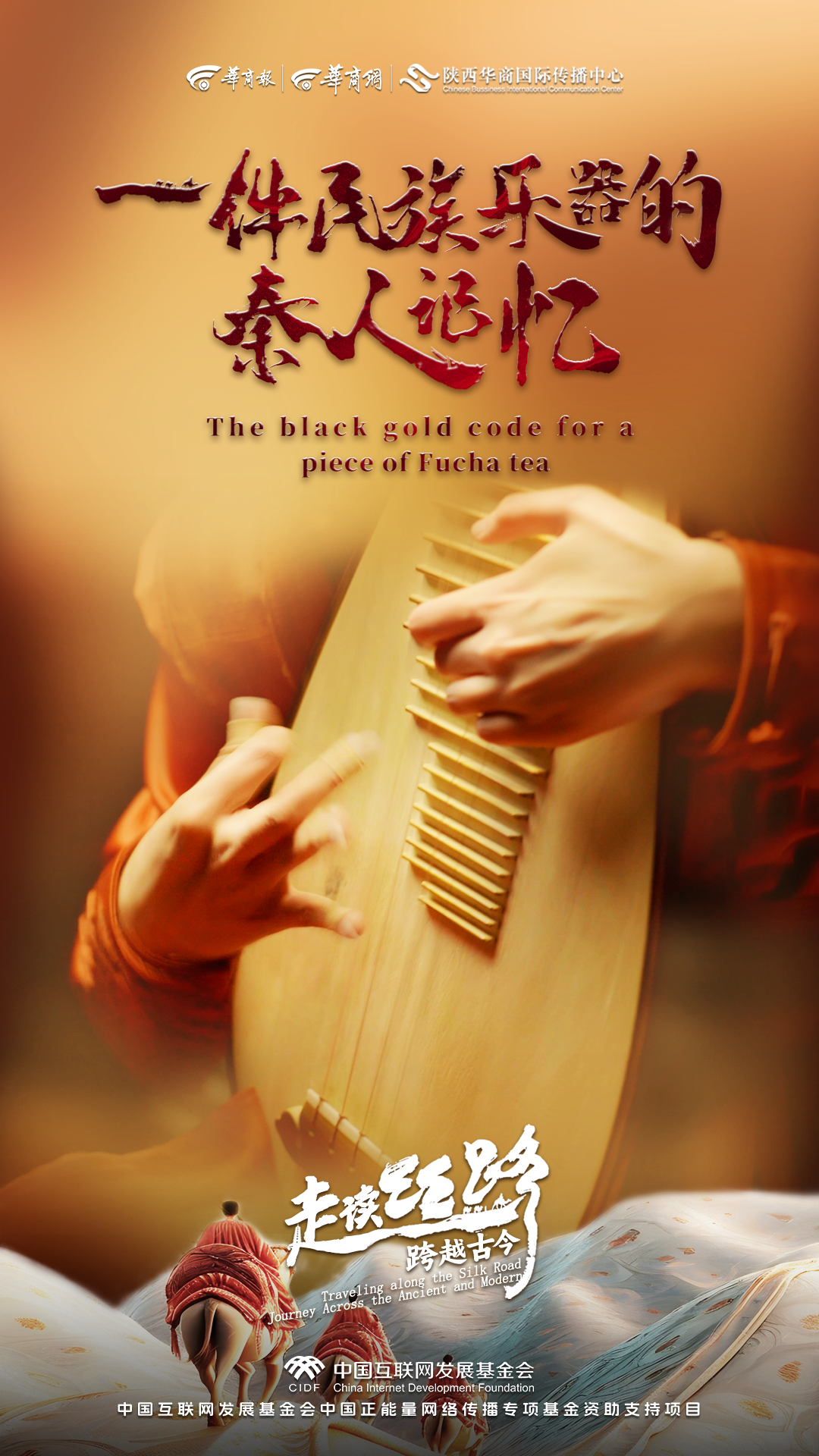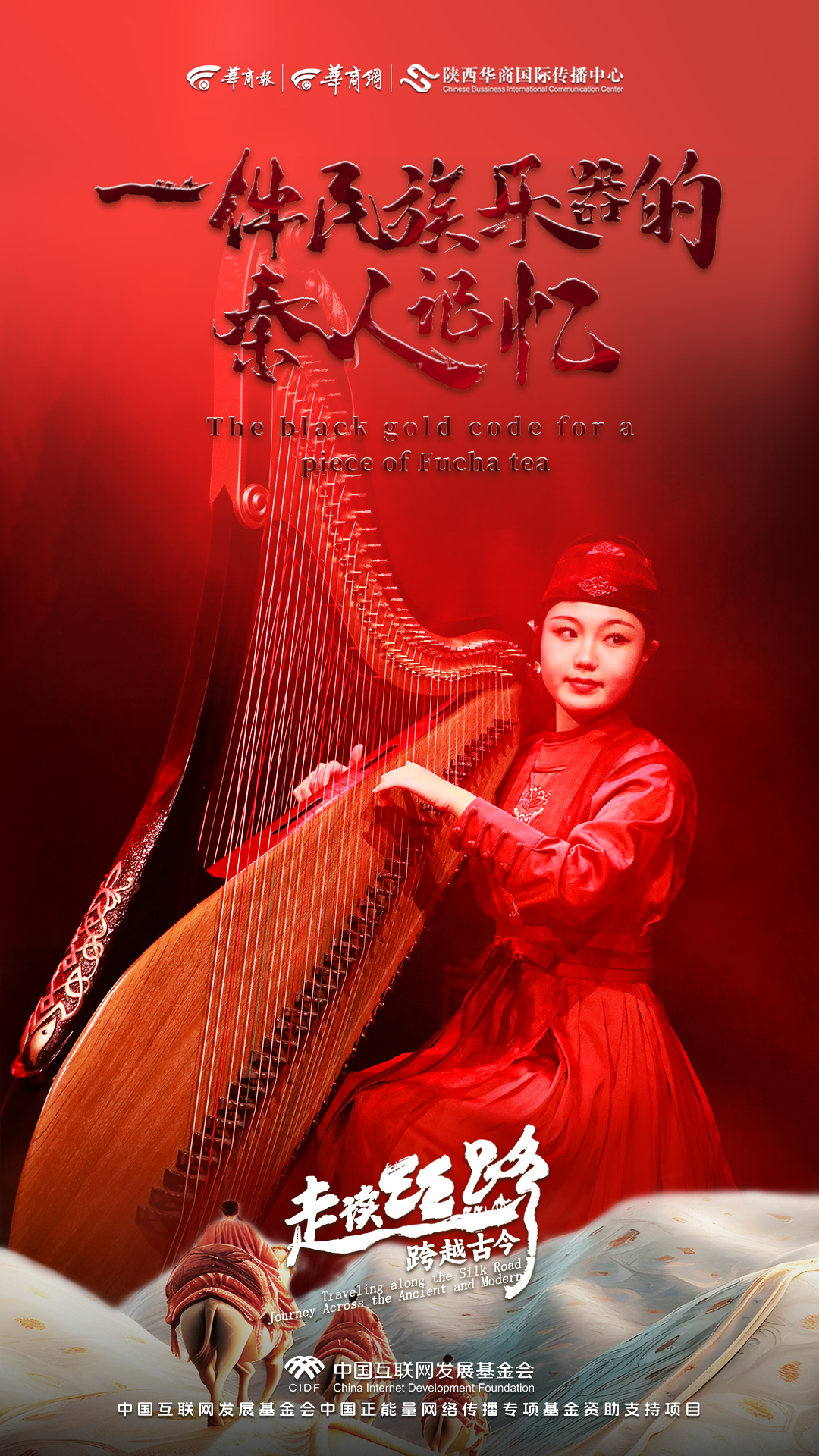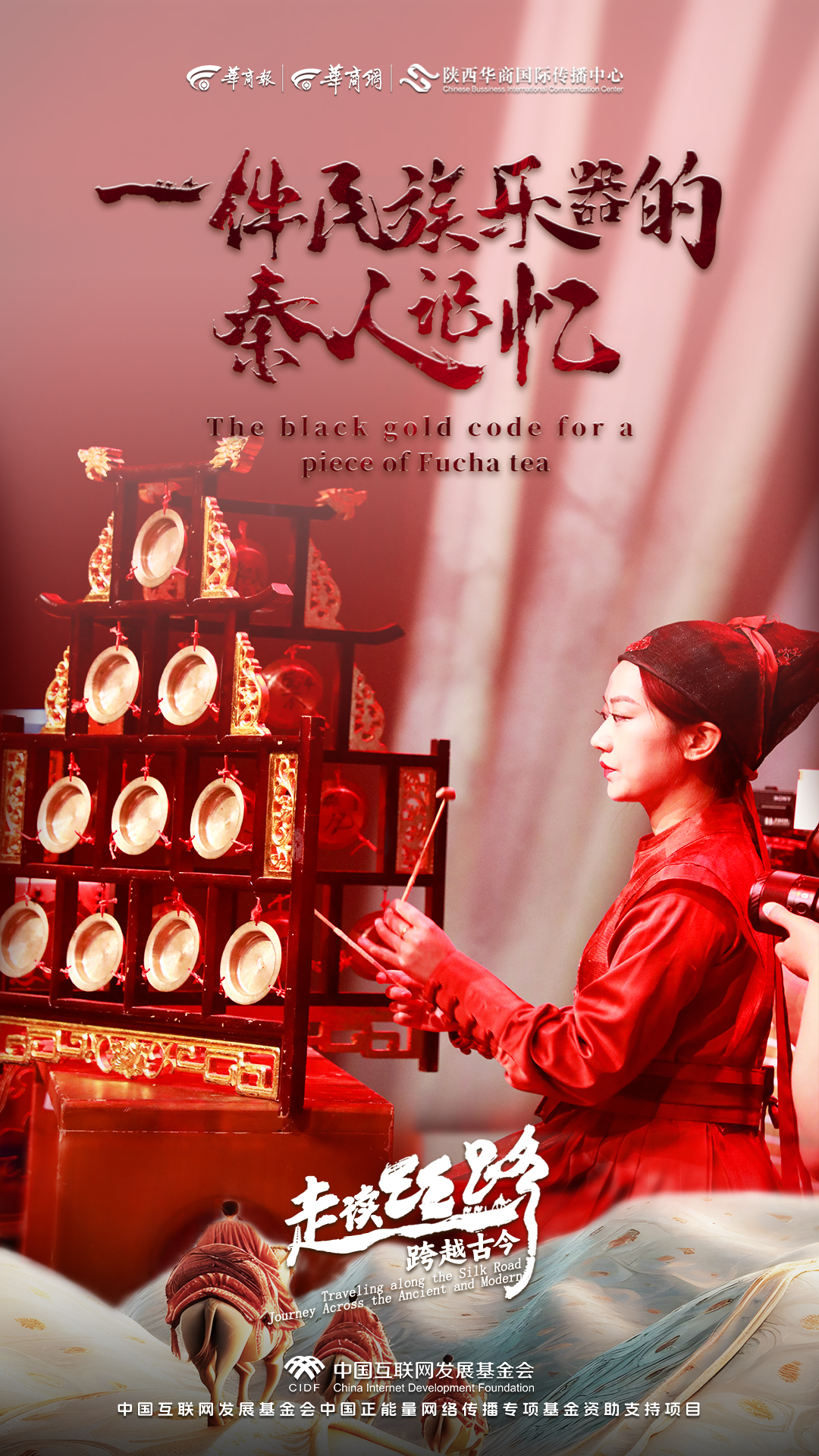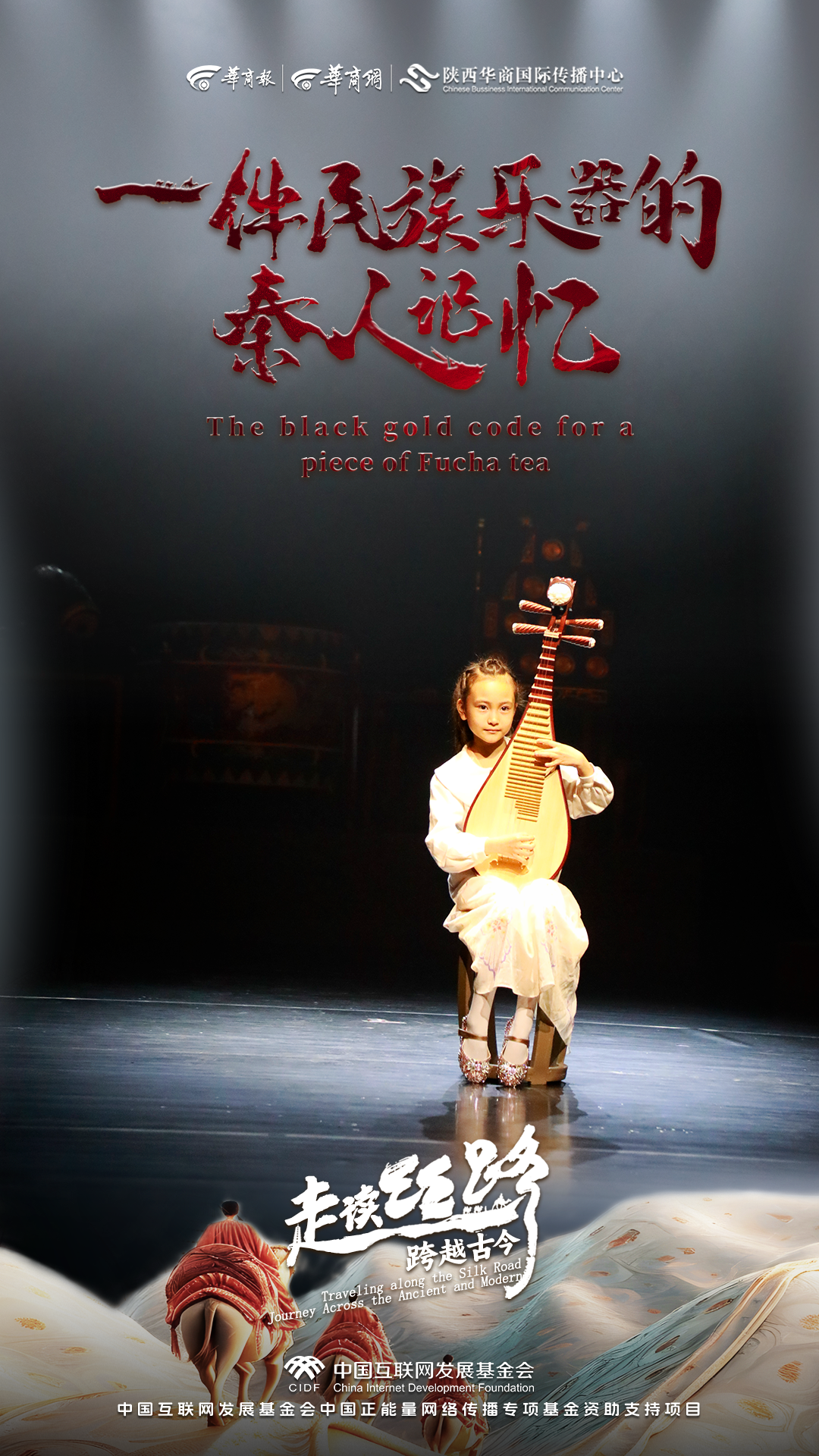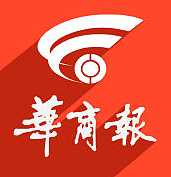走读丝路·跨越古今|双语纪录片第四集:一件民族乐器的秦人记忆
Traveling along the Silk Road,Journey Across the Ancient and Modern丨The Qin People’s Memory in a National Musical Instrument
咱们把开头几小节
Let’s try the first few stanzas
再来一下
once again
定一下(音乐)进来的速度
to decide the speed the music is in.
好 所有人准备
Well. Everybody, be ready!
中国古代民族乐器的发展历史悠久,种类繁多,最早可上溯到公元前8000年前。2100年前丝绸之路开通后,中外文化的交流愈加频繁。以琵琶为代表的,大量的外国乐器传入我国,并融入到中国的音乐体系中。 有着两千年历史的琵琶,被称为“乐器之王”,是张润菲从小学习的乐器。现在她在亲手培养自己的孩子。
With a wide variety of types, ancient Chinese ethnic musical,instruments have gone through a long history,dating back to as early as 8000 BC。After the opening of the Silk Road 2100 years ago,cultural exchanges between China and foreign countries became increasingly frequent.A large number of foreign musical instruments,represented by the pipa,were introduced in and integrated into Chinese music system. The pipa, with a history of two thousand years,is known as the "king of instruments"and it is the musical instrument Zhang Runfei learned from a young age. Now she is committed to cultivating her own child。
弹清楚了
Pluck it clearly.
轮指
Tremolo here.
不行 不行
No, no.
再一次
Try again.
对吗
Is it right?
对
Right?
对吗
No.
哪里对
Wrong here.
不行’
You play it wrong.
我给你学一下你是怎么弹的
I’ll show you how you played it.
我要的是
I want you
顶住呀
to pluck
顶住
with strength.
对 就是这个力量
Yes, in this way.
好 这一句做的不错啊
Well done. You play this line quite well.
再来
Let’s try again.
是这俩音吗
These two notes are wrong.
我问你
Do you really
你是不是现在不想弹了
want to play the pipa?
那怎么能把这个事情坚持下来
If you do, what should you do?
多用心
Yes, you put more efforts in it.
我们要学会坚持
Keep on practicing.
能坚持下来的人
It’s a hard thing
都很不容易
to persist in playing.
看一下你的手
Let me have a look at your hand.
我看看
Your fingers.
这个已经破皮了是不是
The skin on your fingertips is broken.
妈妈小时候还没你棒呢
You are doing very well.
知道不
Much better than I did at your age.
不哭了不哭了
Don’t cry, my baby.
坚持坚持
Hang in here.
没有随随便便成功知道不
Success is never an easy thing.
没有以前的那些古人
Without the persistence of our predecessors
把乐器继续发扬下去
musical instruments would not
have been passed down.
是不是到现在
Not to mention
可能琵琶都消失了
the inheritance of the pipa.
是不是
So, no matter what we are doing
是不是做事还得持之以恒
we should be persistent.
这件唐三彩骆驼载乐俑距今约1300年,所用的乐器基本上都是胡乐,而他们的穿着,有着鲜明的汉代特色。可见,在丝绸之路的轴线上音乐文化的交流早已发生。琵琶、箜篌等西域乐器,也早已融入了东方人的日常,并影响到了今天。
The Tang Dynasty Tri-color Glazed Camel and Musicians Statue dates back approximately 1300 years.The instruments the musicians were playing are primarily Hu music instruments.but their attire has distinct Han Dynasty characteristics.Apparently, on the axis of the Silk Road,the exchange of music culture had begun very early,and western musical instruments such as pipa and Konghou had already integrated into the daily lives of Easterners.The influence has continued to modern times.
这个特别大特别大的乐器
This extremely large musical instrument
叫编钟
is called Bianzhong(the chime bells).
是我国古时候
It was a very important instrument
战国时期非常重要一个乐器
during the Warring States period in ancient China.
这个乐器叫编磬
This music is called Bianqing(the stone chimes).
编磬
Bianqing.
对
Yes.
来 你敲一个小星星让我听一下
Come on. Strike it. Try Twinkle Twinkle Little Star now.
你是不是觉得你学琵琶就很难了
You think playing the pipa is difficult.
学任何乐器都会非常难
In fact,
any musical instrument is not so easy to learn.
音乐,连接着过去与未来。一代代音乐人,在千百年的光阴中传承,让音乐跨越地域和时间,连接情感,滋养人心,带给生活更多的灵感和触动。现在,古老的乐器在年轻人手中焕发出新的生命力。从丝绸之路开通到现在2100年来,中西方音乐的交流从未间断,乐器所奏响的曲调,无需翻译,就能动人心弦,正是因为有了这样的交融和共情,音乐和乐器才能跨越文化的鸿沟,在我们的生活中得到广泛的传播。
Music connects the past and the future.It has been passed down by generations of musicians over thousands of years.Music, spanning regions and time,connects emotions, nourishes souls,and brings more inspiration and touching moments to life.Now,the ancient instruments have gained new life in the hands of young people. Since the opening of the Silk Road 2100 years ago,the exchange of music between China and the West has never ceased.The melody played by musical instruments stirs up people’s inmost feelings.It is because of such integration and empathy that music and instruments can cross cultural gap and be widely spread in our lives.
